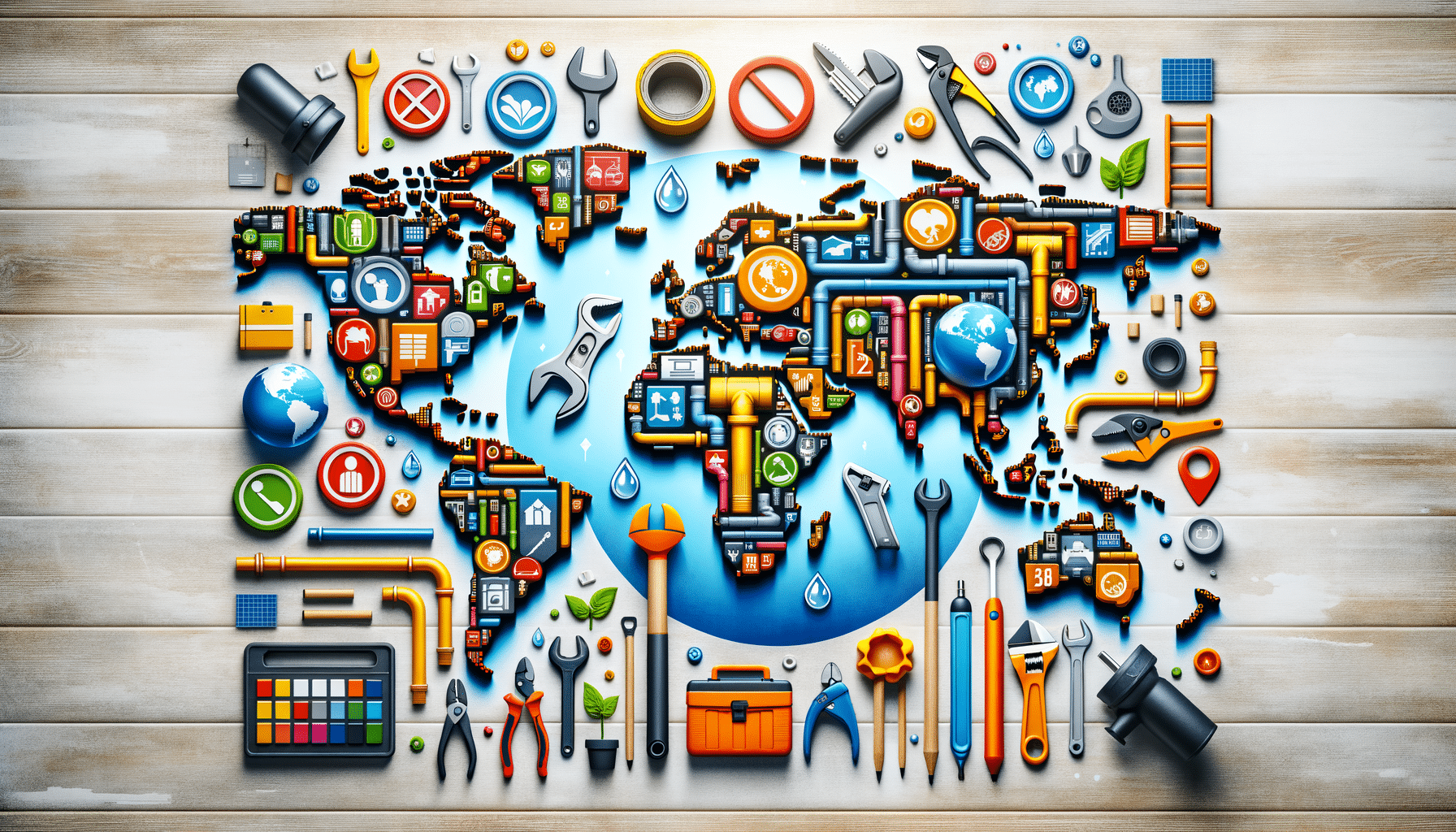Exploring the World of Plumber Jobs: Opportunities, Skills, and Career Paths
Delve into the essential world of plumber jobs, exploring the opportunities, skills required, and career paths available in this vital profession.

Understanding the Role of a Plumber
Plumbers play a crucial role in maintaining and installing systems that are essential to our daily lives. From ensuring clean water supply to managing waste disposal, their work is foundational to modern living. Plumbers are responsible for installing, repairing, and maintaining pipes, fixtures, and other plumbing equipment used for water distribution and waste water disposal in residential, commercial, and industrial buildings.
The scope of a plumber’s work can vary significantly based on the type of plumbing job and the environment in which they operate. For instance, some plumbers specialize in residential plumbing, handling tasks such as fixing leaks, installing water heaters, or unclogging drains. Others might focus on commercial plumbing, working on large-scale projects like installing complex piping systems in new buildings or maintaining plumbing in large facilities.
Plumbers must be adept at problem-solving and have a keen eye for detail. They often work in environments that require physical stamina and the ability to work in confined spaces. Additionally, plumbers need to keep up with local building codes and safety regulations to ensure their work complies with legal standards.
Skills and Qualifications for Plumber Jobs
To succeed as a plumber, one must possess a combination of technical skills, physical abilities, and interpersonal skills. Here are some key qualifications and skills required for a career in plumbing:
- Technical Skills: Plumbers need to understand how to read blueprints and technical diagrams. They must have a thorough knowledge of plumbing systems and tools, including the ability to use various hand and power tools.
- Problem-solving Skills: Plumbing issues can be complex, requiring plumbers to diagnose problems efficiently and determine the best solutions.
- Physical Stamina: The job often involves lifting heavy materials, standing for long periods, and working in cramped spaces.
- Communication Skills: Plumbers must effectively communicate with clients, contractors, and other workers to ensure projects are completed efficiently and to the client’s satisfaction.
In terms of qualifications, many plumbers start with a high school diploma or equivalent, followed by an apprenticeship program that combines on-the-job training with classroom instruction. Licensing requirements vary by region, but most areas require plumbers to pass a certification exam to practice professionally.
Career Opportunities and Advancement in Plumbing
The plumbing industry offers a wide range of career opportunities, from entry-level positions to advanced roles that require specialized skills. As plumbers gain experience, they can advance to positions such as master plumber, plumbing contractor, or plumbing inspector.
Master plumbers often take on supervisory roles, overseeing the work of other plumbers and ensuring that projects meet quality and safety standards. Plumbing contractors may own their own businesses, taking on larger projects and managing a team of plumbers. Plumbing inspectors work for government agencies or private companies, ensuring that plumbing installations comply with local codes and regulations.
The demand for skilled plumbers is expected to remain strong, driven by ongoing construction and the need to maintain existing infrastructure. This demand creates a stable job market with opportunities for career growth and advancement.
Challenges and Rewards of Being a Plumber
Like any profession, plumbing comes with its own set of challenges and rewards. One of the main challenges is the physical nature of the job. Plumbers often work in uncomfortable positions and environments, which can be physically demanding. Additionally, they may be required to work irregular hours, including nights and weekends, to address emergency plumbing issues.
However, the rewards of a plumbing career are significant. Plumbers enjoy a sense of satisfaction from solving problems and helping people maintain their homes and businesses. The job offers a level of job security, as plumbing is an essential service that cannot be outsourced or automated.
Moreover, plumbers often earn competitive wages, with the potential for increased earnings as they gain experience and take on more responsibilities. For those who enjoy hands-on work and problem-solving, plumbing can be a fulfilling and lucrative career choice.
Conclusion: The Vital Role of Plumbers in Society
Plumbers are indispensable to the functioning of modern society, ensuring that water and waste systems operate smoothly and safely. As the demand for skilled tradespeople continues to grow, plumbing offers a stable and rewarding career path for those willing to invest in the necessary training and skills development.
Whether you are considering a career in plumbing or are simply interested in learning more about this essential profession, understanding the roles, skills, and opportunities available can provide valuable insights into the vital work that plumbers do every day.